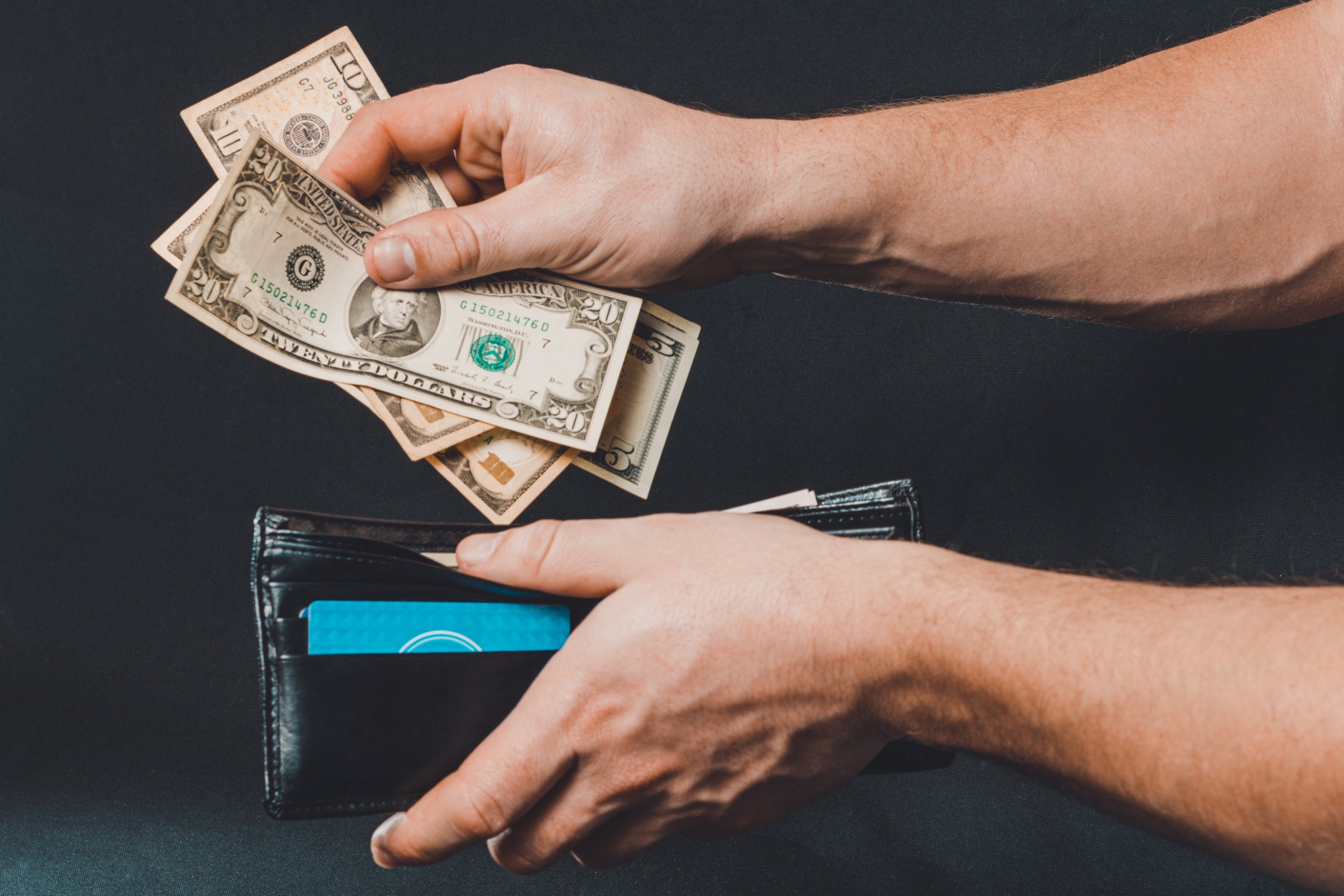BY THE OPTIMIST DAILY EDITORIAL TEAM
Every day, social media bombards us with the most recent must-have products: a “life-changing” device, viral fashion pieces, or the hottest new beauty item. It’s easy to fall into a loop of endless buying, adding to your cart only to feel overwhelmed and unfulfilled. A no-spend month could be the solution for people wishing to break away from this cycle and regain control of their finances.
Traci Williams, PsyD, a board-certified clinical psychologist and financial therapist, receives frequent inquiries from clients who are battling with overspending. “They’ve been charging things to their credit cards, carrying a balance every month, and accumulating debt,” Dr. Williams explains. Financial problems can have a negative impact on both mental and physical health, causing anxiety and sleeplessness. That’s where the no-spend challenge comes in—a straightforward, organized approach to resetting financial habits and reducing money-related stress.
A no-spend month often entails refraining from non-essential spending for a defined period. You only spend money on necessities like groceries, utilities, housing, and transportation, avoiding discretionary spending like dining out, shopping, and entertainment. The criteria are flexible—each individual can establish their own guidelines—but the idea is to reduce wasteful spending so you can focus on financial goals.
Here are five ways having a no-spend month could transform your life:
1. Improve your financial health
It’s no surprise that spending simply on necessities can benefit your money. For Jazmine Waller, a month without spending was a game changer. “I decided I needed to do a no-spend month to stop spending money, see where it was going, and save to get ahead,” she said. After canceling superfluous subscriptions and following a strict budget, she was able to pay off $17,000 in debt in nine months.
Dr. Williams notes that no-spend months are especially advantageous to people who live paycheck to paycheck. “By engaging in this practice, they become more conscientious of what they’re doing with their money. It can lead to lasting changes in their financial behavior,” she says.
2. Reduce stress and financial anxiety
Money-related stress is far too prevalent. A 2023 study discovered a relationship between money anxieties and psychological distress. For Waller, the relief of paying off debt and avoiding late bills was life-changing. “Not receiving phone calls about overdue bills is a huge benefit,” she says. “I’m not running away from my phone anymore, or avoiding 1-800 numbers. It’s a great feeling.”
When you actively manage your money and stick to a plan, you can feel in control, which is empowering. Waller reports that after completing her first no-spend month, she felt more confident and capable of reaching future financial goals.
3. Make the most of what you already have
Elyse Lyons, a 29-year-old who does no-spend months four times a year, sees these trials as opportunities to rediscover the worth of what she currently has. “I have a bookshelf full of books, a closet full of clothes. I should be using those things before buying new ones,” she says. This shift in perspective from consuming more to appreciating what you already have might result in a more intentional and rewarding relationship with your things.
Lyons has also devised innovative ways to use public resources such as libraries and community centers to take part in new experiences without paying money. She tells others that they can partake in hobbies or trends without continually purchasing new items. “No-spend months force you to take a step back and really appreciate what you already have,” she says.
4. Be creative with your free time
A no-spend month challenges you to think outside the box and discover free or low-cost alternatives to your typical activities. Dr. Williams observes that breaking habits such as eating out or buying creates new opportunities. “Instead of brunch every Saturday, you may find yourself thinking, ‘What else can I do that’s cost-free?’” she explains. This transformation typically results in more meaningful experiences with loved ones.
Lyons believes that it is important to find delight in small moments. “We’re more intentional about making quality time together,” she adds. Instead of going to a trampoline park or a movie theater, she may organize a fun family night at home, complete with homemade snacks and a movie. These kinds of activities not only save money but also help create lasting memories.
5. Reduce your environmental impact
Aside from the financial and mental rewards, a no-spend month promotes more sustainable habits. Avoiding impulsive purchases, particularly low-quality items, helps you keep waste to a minimum. In 2018, Americans discarded nearly nine million tons of clothing, while the global fashion sector emitted more than two billion tons of greenhouse gases.
Resisting the temptation to engage in fast-fashion or viral fads during a no-spend month will help you reduce your environmental impact. Lyons, who is now making more deliberate purchases, also looks for used products wherever possible. “I see things differently now. Instead of being stuck in the consumerism cycle, I enjoy my purchases more,” she explains.
Tips for a successful no spend month
If you’re considering starting a no-spend month, Dr. Williams recommends a balanced approach. “Avoid being too restrictive. Give yourself a little flexibility, or set a limit on how much you can spend on non-essentials,” she says. Lyons adds that it’s important to give yourself grace: “Don’t get wrapped up in perfection. If you slip up, reflect on why and learn from it.”
Share your plans with friends and family to hold yourself accountable, and unsubscribe from any email lists or social media pages that may tempt you. Keeping track of your success throughout the month, such as marking a calendar for each no-spend day, will help you keep motivated and focused on your goals.
A no-spend month is more than just a financial reset; it’s an opportunity to reduce stress, be creative, and live more deliberately. And at the end of the month, you may discover that the benefits go far beyond simply saving money.












